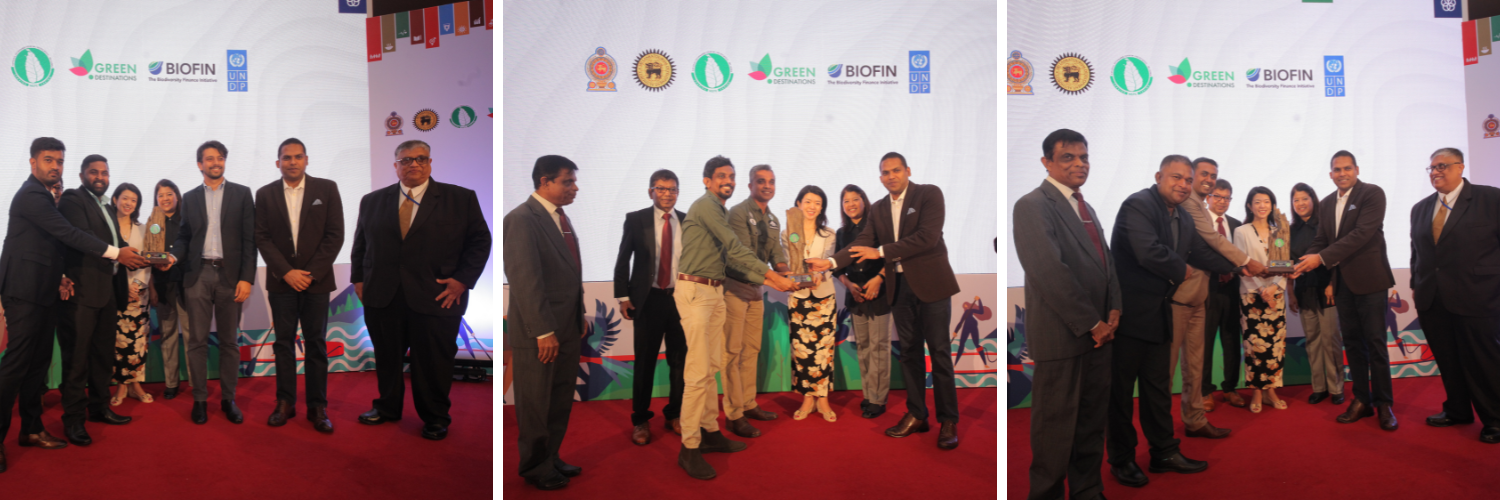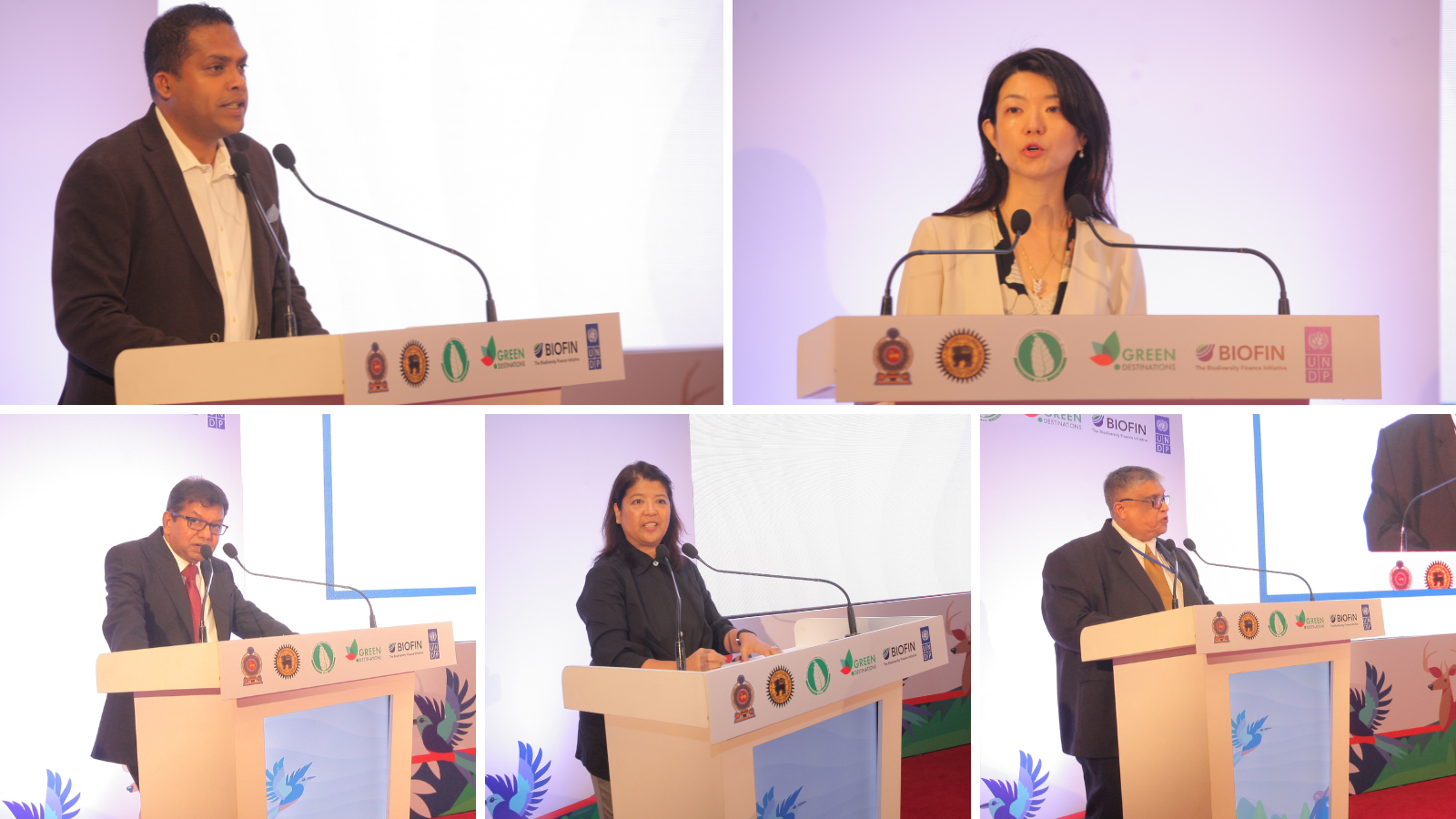
29 May 2024, Colombo, Sri Lanka – The National Sustainable Tourism Certification Scheme is an important initiative to recognize and promote destinations that are committed to environmental, social and economic sustainability in Sri Lanka. Launched in 2018, the scheme is in line with the Global Sustainable Tourism Council guidelines and is an important part of the overall strategy of the Sri Lanka Tourism Development Authority. This initiative, developed in collaboration with the United Nations Development Programme (UNDP) in Sri Lanka, aims to promote sustainable tourism practices across the country.
An important milestone was the awarding of certificates to over 100 small and medium enterprises (SMEs) in the tourism sector this morning in the presence of high-level dignitaries from the tourism and development sectors. This follows the successful completion of the pilot phase in 2019 for the accommodation sector and the subsequent call for applications in 2023 for SMEs.
SMEs are critical to Sri Lanka's economy. They contribute more than 50% of the GDP, with about 75% of these businesses belonging to the tourism sector. These include hotels and guesthouses (33%), spas and Ayurveda centers (18%) and a variety of other businesses such as souvenir shops, handicrafts, cafes and food and beverage markets.
While the growth of tourism has brought positive results, unplanned tourism can also bring unique challenges. The Government of Sri Lanka has set ambitious growth targets for tourist arrivals and is working to ensure positive tourism experiences that will ensure long-term sustainability for the country.
Priantha Fernando, Chairman of the Sri Lanka Tourism Development Authority, emphasized the importance of sustainability: “Our commitment to sustainability is not only about meeting the demands of today’s consumers but also about ensuring a better future for our country and the generations to come. What is good for our country, our future, and our customers is inextricably linked. So let us continue to build a sustainable, thriving and vibrant tourism industry in Sri Lanka.”
UNDP's Biodiversity Finance Initiative (BIOFIN) led global collaboration to develop and implement an evidence-based methodology that improves biodiversity outcomes through finance and economics. In Sri Lanka, BIOFIN is working with the Government of Sri Lanka to implement three (3) financing solutions for the sustainable use and management of biodiversity: the development of a green credit framework, sustainable certification for the tourism industry following the establishment of the Sustainable Tourism Unit, and payment for ecosystem services in the mini-hydropower sector.
The National Sustainable Tourism Certification Scheme involves a rigorous process to assess and validate a destination's efforts on various aspects of sustainability, with a focus on sustainable use of biodiversity, reducing environmental threats and promoting environmentally friendly practices.
Azusa Kubota, Resident Representative of UNDP in Sri Lanka, highlighted the role of UNDP: “Biodiversity must be at the center of Sri Lanka's recovery process, from nature-based solutions to investments that enable biodiversity to thrive, create jobs and provide a sustainable future for communities. Through the success of such certification schemes in the tourism sector, UNDP reaffirms its commitment to working with all stakeholders in the sector to demonstrate how a nature-based economy can work for people and the planet.”
The national certification scheme not only mitigates the negative impacts of tourism but also incentivizes tourism businesses to adopt environmentally friendly and socially responsible practices. This transition is crucial to generate income, create skilled employment opportunities, preserve local ecosystems and cultures, and create positive experiences for local communities, tourism businesses and tourists alike.

Categories
Archives
- April 2025 (4)
- March 2025 (8)
- February 2025 (2)
- January 2025 (5)
- December 2024 (4)
- November 2024 (5)
- October 2024 (14)
- September 2024 (6)
- August 2024 (9)
- July 2024 (7)